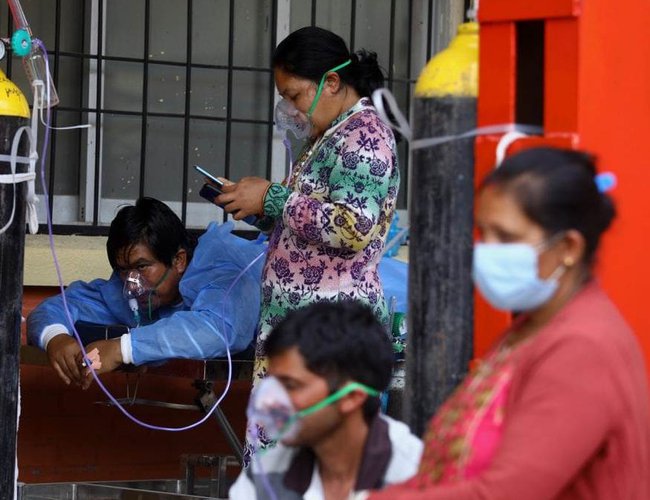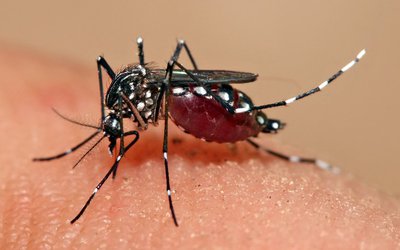
With the Omicron variant of coronavirus now under control and life returning to normal, a new report from the World Health Organisation paints a grim picture when it comes to mental health. In a scientific brief, the health body said that the Covid-19 pandemic led to 25 per cent jump in anxiety and depression cases across the world.
The organisation highlighted that the massive increase in cases is due to unprecedented stress caused by the social isolation resulting from the pandemic. The pandemic also had an impact on the availability of mental health services as the report flagged gaps in provisions to include mental health and psychosocial support in Covid-19 response plans.
“The information we have now about the impact of COVID-19 on the world’s mental health is just the tip of the iceberg. This is a wake-up call to all countries to pay more attention to mental health and do a better job of supporting their populations’ mental health,” Dr. Tedros Adhanom Ghebreyesus, WHO Director-General said.
WHY THIS MASSIVE JUMP IN MENTAL HEALTH CASES?
Apart from identifying isolation as a prime cause, the World Health organisation also highlighted constraints on people’s ability to work, seek support from loved ones and engage in their communities as a major form of stress. "Loneliness, fear of infection, suffering, and death for oneself and for loved ones, grief after bereavement, and financial worries have also all been cited as stressors leading to anxiety and depression," WHO said. Meanwhile, exhaustion has been a major trigger for suicidal thinking among health workers.
YOUNGSTERS WORST HIT
The report indicated that the Covid-19 pandemic has affected the mental health of young people and that they are disproportionally at risk of suicidal and self-harming behaviours. The study found that women have been more severely impacted than men.
"People with pre-existing physical health conditions, such as asthma, cancer, and heart disease, were more likely to develop symptoms of mental disorders," the report said. Scientists also concluded that people with pre-existing mental disorders do not appear to be disproportionately vulnerable to COVID-19, however, when these people do become infected, they are more likely to suffer hospitalization, severe illness, and death compared with people without mental disorders.
PM Modi bats for non-fossil energy, says sustainable growth possible only from sustainable energy sources
The WHO called for more investment in mental health care stating that recent Mental Health Atlas showed that in 2020, governments worldwide spent on average just over two per cent of their health budgets on mental health. The figure was lower than one per cent in low-income countries.
"While the pandemic has generated interest in and concern for mental health, it has also revealed historical under-investment in mental health services. Countries must act urgently to ensure that mental health support is available to all,” Devora Kestel, Director of the Department of Mental Health and Substance Use at WHO said.
- Trump urges Israel, Hamas to reach ceasefire deal
- Jun 30, 2025
- Japan's final H2A rocket puts satellite into orbit
- Jun 29, 2025
- Rally in Israel calls for Gaza ceasefire
- Jun 29, 2025
- US could bomb Iran again if it continues high-level uranium enrichment: Trump
- Jun 28, 2025
- US, China reportedly sign deal aimed at easing trade tensions
- Jun 28, 2025















